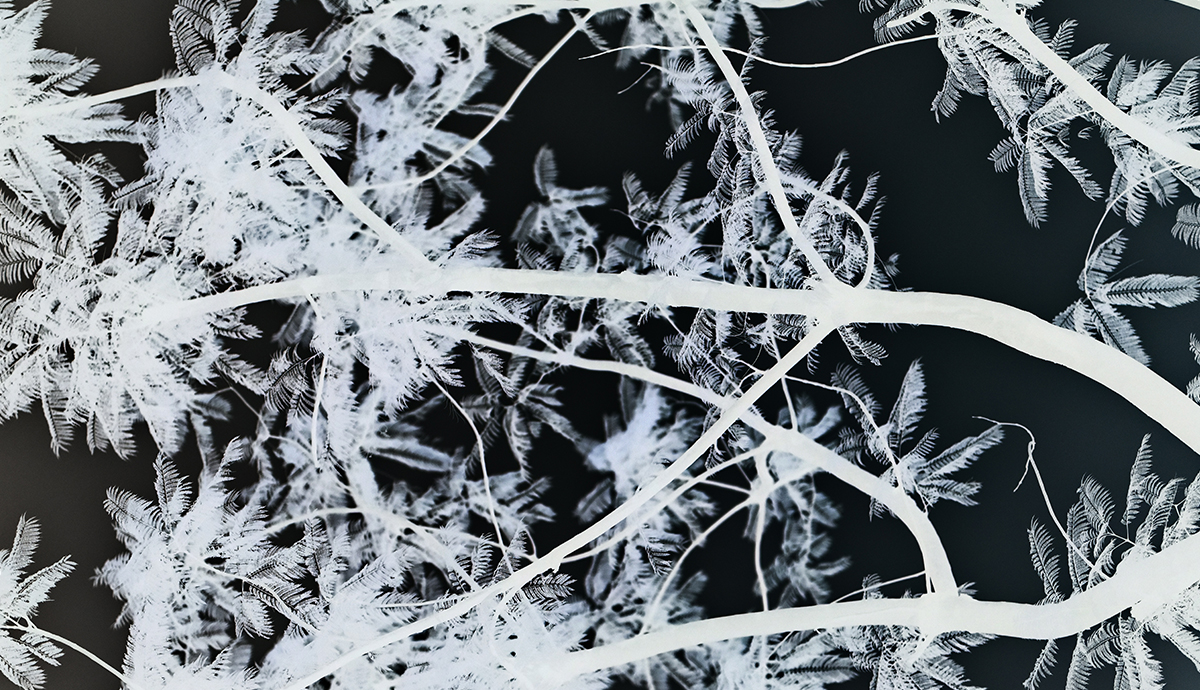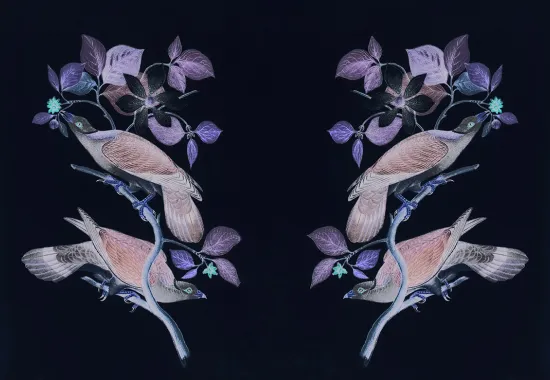Mixing Poetry and Politics

I consider myself an activist as well as a poet, and have long debated whether the twain need meet. I believe in poetry’s power to move people and that we are all products of our time, so even a small detail in a poem might hint at a problem of the day.
For example, say lovers are strolling along a riverbank at night, and some of the moonlight is reflecting off broken bottles and cans. The poem may never stray any further from the couple’s affairs, but that image and the suggestion of an environmental problem has been planted. But is that enough, if a poet is deeply concerned about the state of the environment? I’m wrestling with the question, that is, should I consciously press poems to the service of political issues I may be devoting time to as an activist? I’m also curious what other poets think about mixing their poetry and politics.
In every age, poets have helped mankind to see the often suicidal folly of our ways. Romantics, for example, warned us about the excesses of science and “progress”. Consider Wordsworth on the impact of the coming Industrial Age. In “The World is too Much With Us” he suggests that
in Getting and spending. . . We have given our hearts away, and as a result Little we see in Nature that is ours. The poem was written in the 1800s, but could it be more timely?
In “Sonnet”, Joseph Brodsky chillingly portrayed our ultimate fate in a MAD (Mutually Assured Destruction) age. Seeing that “Our own Vesuvius has cleared its throat”; he anticipates that “Some day we too will be shrouded with ashes.” But Brodsky does not call for a soapbox or political rhetoric to condemn mankind’s inexhaustible invention of new and ever more powerful ways to self-destruct. Instead he chooses to devote his last moments to another of man’s capacities: love.
. . . and if, after a thousand years,
a swarm of scientists should come here
to dig our city out, I hope they’ll find me,
cloaked with the ashes of our modern epoch,
and everlastingly within your arms.
That poem recalls Stephen Dunn’s “Whiteness.” In it, Dunn gives voice to his disgust at the environmental degradation and accelerating extinctions that man’s industry has brought on. It begins with a white horse he sees on periodic drives to Cottonwood, Minnesota. After not seeing it for eight years, it becomes
. . . something clean
and unharnessed for the mind to hold
amid the rush of atrocities.
Along the same stretch of road, he laments too, that
. . . there are
billboards on the marshlands
where egrets used to live –
and that is enough of progress,
enough of the way of things.
Like Brodsky, Dunn does not want to make a political speech, he instead employs poetry’s figurative powers to illustrate man’s inevitable destruction of the garden by invoking Eve . . .
Years ago, a lovely woman walked
toward me naked, carrying her shyness
like a gift; and that woman and that horse –
vivid in their whiteness –
. . . are what Dunn “plans” to have as his last thought. And wouldn’t Wordsworth be grateful to learn that, even in this digital age wherein “the world” is even more virtual and industry’s messages virtually inescapable, that “that woman and that horse” are still among the . . . “little in Nature that is ours” to see?
Once I heard W. S. Merwin speak at Poets House, in New York. Someone asked why he didn’t write more political poems. As I remember it, he said that we know less about love and ourselves and our relations to nature than we do about our political opinions, so political poems lack the sense of curiosity and discovery that drive nonpolitical poems. Because of this he also thought that political poems are not as good as those addressing more personal subjects.
And yet, the few examples I’ve provided attest to the potential power and beauty a political poem can contain. I’ve no doubt that Merwin can reel off many more that meet poetry’s highest standards for wonder. And certainly, there is no shortage of political topics that need addressing today, so I will end as I began, wondering about mixing my poetry and politics.
Richard Levine, a retired teacher and Working Family Party activist (see his recent YouTube video here), is the author of The Cadence of Mercy, A Tide of a Hundred Mountains, That Country’s Soul, A Language Full of Wars and Songs, and Snapshots from a Battle.
Matteo Gallo is curious, ambitious, stubborn, distracted, picky, clumsy, thoughtful, moody.
He’s always been passionate about science and science fiction, so he tries to keep his mind open and learn something from every experience. For many years he has been dedicating himself to drawing, graphic design, photography and music, mainly self-taught: he attended courses for every one of these subjects, but, luckily or unluckily, the way his brain works is an obstacle to learning by traditional methods. He decided to deepen them in his own way. He loves solitude, nature, with the wind caressing his face while he rides his bicycle, sneaking out of his home in the dead of night, and every form of creative expression.
Recommended
The Shirt
After Hearing David Rothenberg Sang with Birds
Frothing Pink Poodle Droppings





